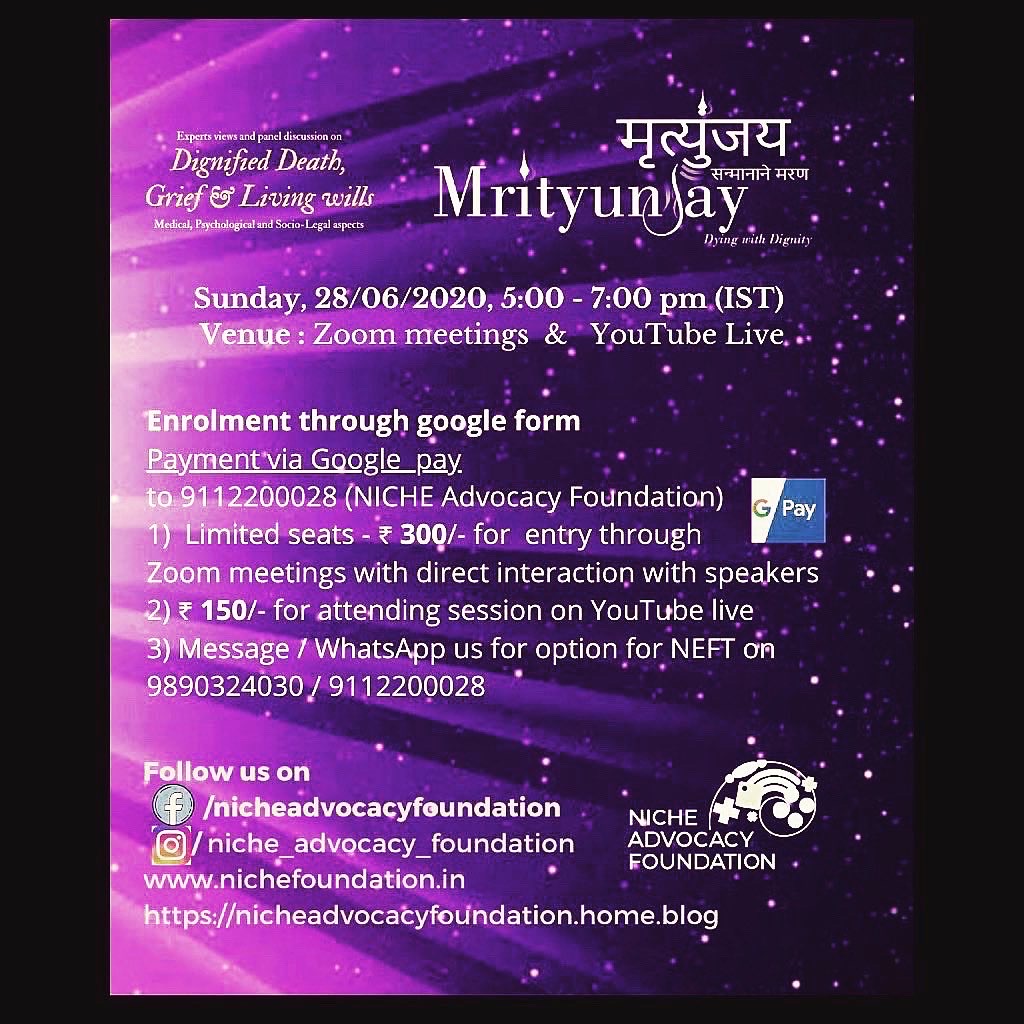
Listening Skill
Date:
Read Event Report
Author: Hrushikesh Bang, Final Year Civil Engineering, RCOEM, Nagpur; Intern (NICHE Advocacy Foundation)
Listening is the process of receiving, interpreting and then reacting to a message of a speaker. The first and foremost communication skills is Listening,
Listening is most important communication skill. Like other skills Listening requires practice. Listening requires attention.

- Listening Vs Hearing
- In fact, hearing is solely depends on the ears, is a physical act, everyone can hear without deliberate effort. Hearing is merely vibration of sounds on the ear drum followed by electrochemical response.
- On the other hand listening requires voluntary attention and then making sense of what is being said. In listening the brain interprets the knowledge.
- Some Research Findings
- One quarter of our waking time is spent in listening
- Research shows that at the workplace, on an average, personnel spend about:
- 32.7 % of their time listening
- 25.8 % of their time speaking
- 22.6 % of their time writing

The process of Active Listening is as follows:-
- Hearing
Hearing is the first essential step in the listening process and relates to the sensory perception of sound. The listener further processes the perceived sound. For learning to be effective, hearing needs to be done with attentiveness and concentration.
- Filtering
The next step involves sensing and filtering of heard sounds. The heard message is categorized as wanted or unwanted.
The unwanted message is discarded. The sense of judgment of the individual comes into play, that is, the filtering process is subjective and a person chooses to retain what makes sense to him.
- Comprehending
The listener understands what the speaker has tried to convey. This activity can be described as absorbing, grasping or assimilating. The listener uses his knowledge, experience, perception and cognitive power.
- Remembering
The assimilated message is stored in memory to facilitate future recall.
- Responding
Responding to a message takes place at the end of the communication, immediately after or later, to show that the message is being received and comprehended.
Passive Listening:
Passive Listening is very stern, rigid and orthodox type of listening.
This type of listening may create confusion in the mind of the speaker about true intention of the listener. The listener wears a ‘flat’ face serious expressions, surroundings all gestures that are used in active listening. Sometimes passive listening is used to show status of the listeners.
Types of Listening
- Discriminative Listening
It involves identifying the difference between various sounds. It also enables one to differentiate between familiar and unfamiliar language.
- Comprehensive Listening
It involves attaching meaning to what is being listened to. It may also include comprehending the nonverbal messages being conveyed by the speaker.
- Evaluative Listening
It involves evaluating and analyzing the message being received. It involves judging the acceptability of what is said depending on how logical one finds it to be.
- Attentive Listening
It involves paying attention to the words that are being spoken.
- Pretence Listening
It involves more hearing than listening. It means pretending through facial expressions that one is listening when actually one is not.
- Selective Listening
It involves selecting the desired part of the message and ignoring the undesired part of the message.
- Intuitive Listening
It means listening through the intuitive mind by silencing the other forms of internal dialogues going on simultaneously.
Traits of a good listener
- Being non evaluative
- Paraphrasing (summarize)
- Reflecting Implications (Suggestions)
- Reflecting hidden feeling
- Intuitive Further Contribution
- Responding Non-Verbally
Barriers to Effective Listening
The various factors are:-
- Environmental Condition
- Distance
- Omniscient attitude of listener
- Speed of the Speaker
- Speakers Non-verbal communication
- Voice and tone of the speaker
- Lack of Factual Information
- Language of the speaker
- Horn effect in the listener
- Span of the speech
Techniques to Improve Listening Skills
- Motivate yourself to listen
- Respect the speaker
- Remove Horn Effect
- Positive Body Language
- Do not Interrupt
- Improve your listening span
- Voice Modulation
- Use Simple Style
- Listening should be taught as a skill
Listen to the podcast on listening skills :